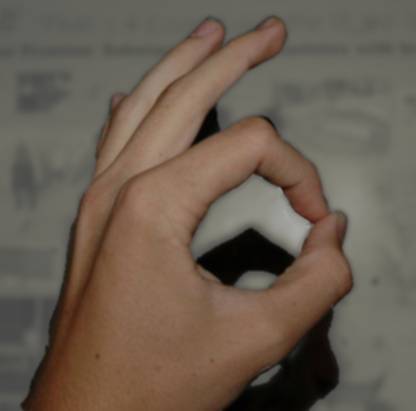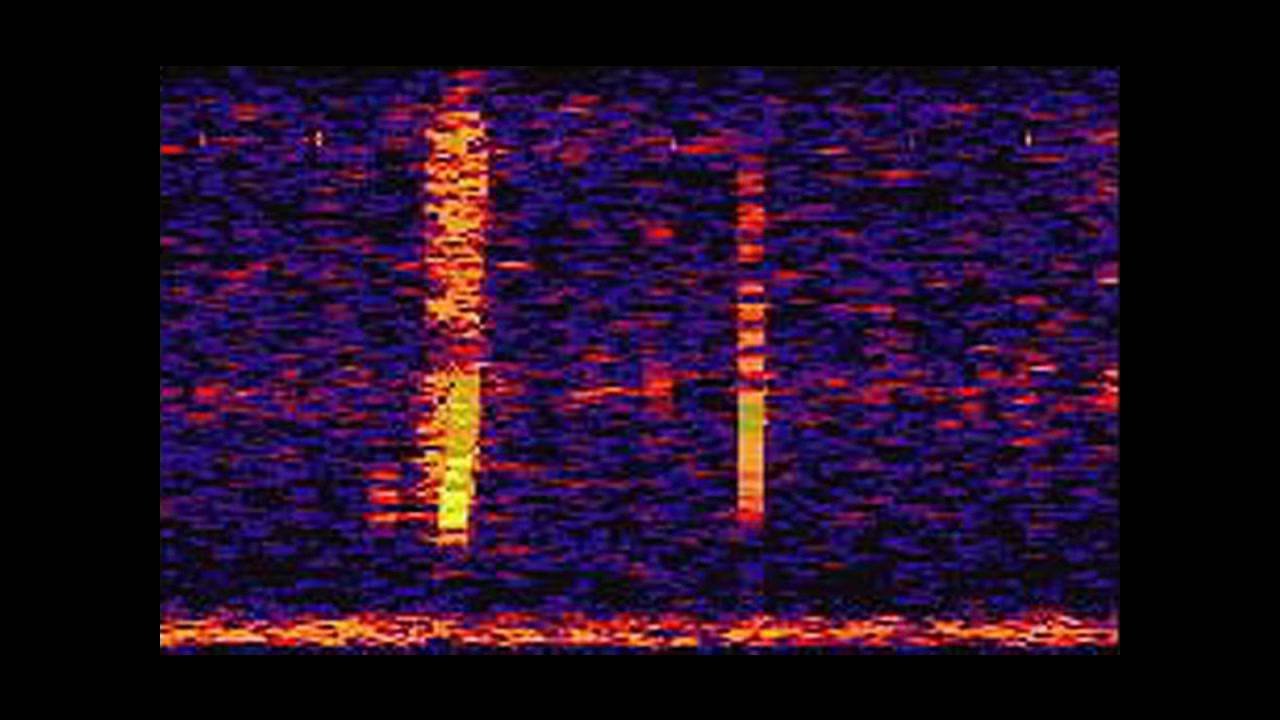Une légende urbaine ? Ok !…
août 3, 2025 | by Jean-Claude JUNIN

Une légende urbaine ? Ok !…
D’où vient cette expression abrégée de l’anglais américain qui désigne l’approbation…
Le terme est devenu très présent dans l’usage oral de toutes les langues et serait le mot le plus souvent parlé ou écrit sur la planète. Les origines du mot sont pourtant contestées.
La popularité de l’expression « O.K. » suscite de nombreuses étymologies populaires qui ne reposent sur aucune référence attestée. Ces spéculations intellectuelles relèvent davantage de ces rumeurs contemporaines qu’on nomme légendes urbaines. En voici quelques exemples :
An urban legend? OK !…
Where does this abbreviated expression of American English come from which designates approval…
The term has become very present in the oral use of all languages and is said to be the word most often spoken or written on the planet. However, the origins of the word are disputed.
The popularity of the expression « O.K. » gives rise to many popular etymologies that are not based on any attested reference. These intellectual speculations have more to do with these contemporary rumors that we call urban legends. Here are some examples:

Un chef d’entreprise américain, nommé Otto Kaiser, examinait chaque colis avant son expédition ; en cas d’accord, il y mettait ses initiales : OK. Une variante suppose qu’il s’agirait des initiales du contremaître contrôlant la qualité des véhicules en « bout » de la chaîne de fabrication des usines Ford de Détroit, qu’il aurait appliqué sur les certificats de contrôle des véhicules, validant par là même la qualité du produit.
Après une bataille navale, les marins britanniques inscrivaient sur la coque des bateaux le nombre de tués : 3K pour trois morts (3 killed), etc.. Lorsqu’il n’y avait aucun mort, ils inscrivaient « OK » pour « 0 killed ». Une variante prétend que l’expression viendrait plutôt de la guerre de Sécession, où les sudistes annonçaient le nombre de morts après une bataille de la même manière. Dans le monde anglo-saxon, le zéro s’exprimant souvent de façon orale comme la lettre « O », le « 0 killed » aurait été prononcé « OK » (okay). Une autre variante rattache ce fait cette fois-ci à la Seconde Guerre mondiale.
OK viendrait du grec moderne Oλα καλα (Ola kala, littéralement « tout bien »), une expression utilisée par les marins grecs et également par les poseurs de rails grecs aux États-Unis, qui apposaient les deux célèbres lettres sur les rails installés correctement voulant dire : « tout va bien », « tout bon »…
Le terme OK serait la transcription phonétique anglaise de l’expression française « Au quai ! » utilisée en Louisiane par les vérificateurs des ballots de coton, indiquant que ceux-ci étaient convenables et donnant l’ordre de les porter en bordure du Mississippi pour y être embarqués sur le bateau.
OK serait tout simplement l’inverse de KO (Knockout), et signifie également tout le contraire de « KO »….
An American business executive, named Otto Kaiser, examined each package before it was shipped; in case of agreement, he put his initials: OK. A variant supposes that these would be the initials of the foreman controlling the quality of the vehicles at the « end » of the production line of the Ford factories in Detroit, which he would have applied to the vehicle inspection certificates, thereby validating product quality.
After a naval battle, the British sailors wrote on the hull of the boats the number of killed: 3K for three dead (3 killed), etc.. When there were no dead, they wrote « OK » for « 0 killed « . A variant claims that the phrase instead comes from the Civil War, where Southerners announced the death toll after a battle in the same way. In the Anglo-Saxon world, the zero being often expressed orally as the letter « O », the « 0 killed » would have been pronounced « OK » (okay). Another variant links this fact this time to the Second World War.
OK would come from the modern Greek Oλα καλα (Ola kala, literally « all good »), an expression used by Greek sailors and also by Greek raillayers in the United States, who affixed the famous two letters on correctly installed rails wanting say: “everything is fine”, “all good”…
The term OK would be the English phonetic transcription of the French expression “Au quai! » used in Louisiana by checkers of cotton bales, indicating that these were suitable and giving the order to carry them to the edge of the Mississippi to be loaded on the boat.
OK would simply be the opposite of KO (Knockout), and also means the complete opposite of “KO”….

RELATED POSTS
View all


